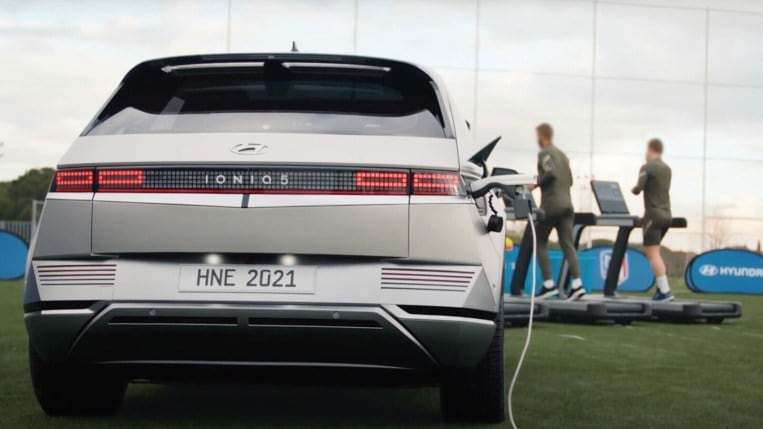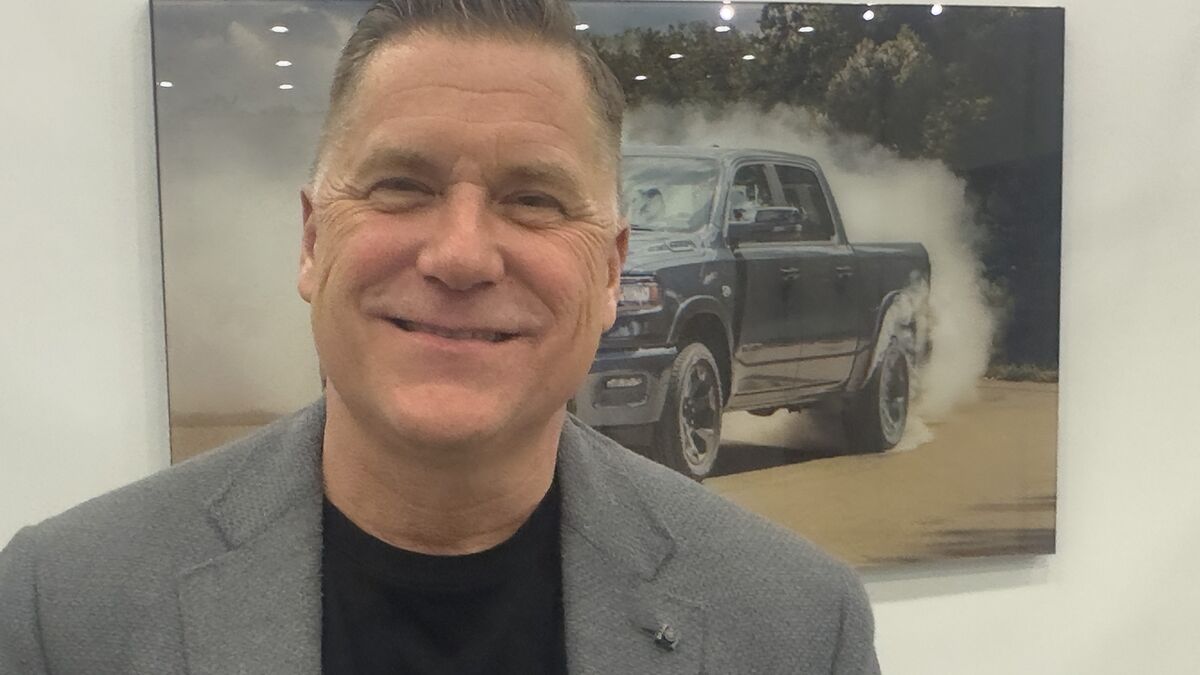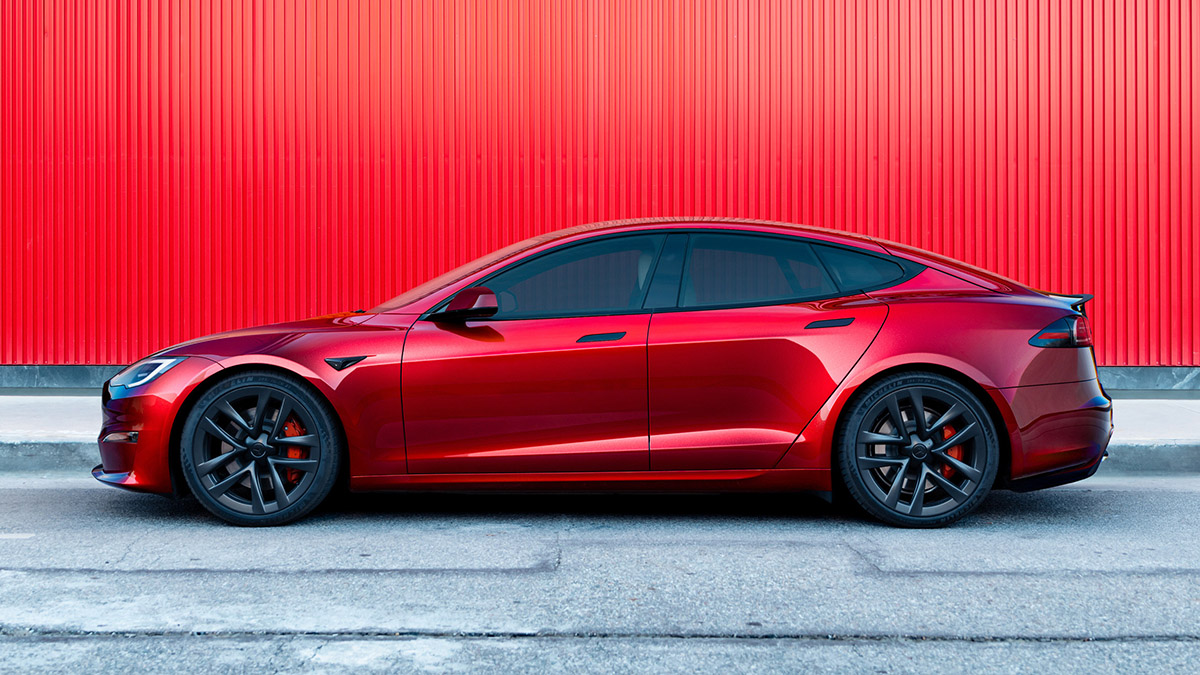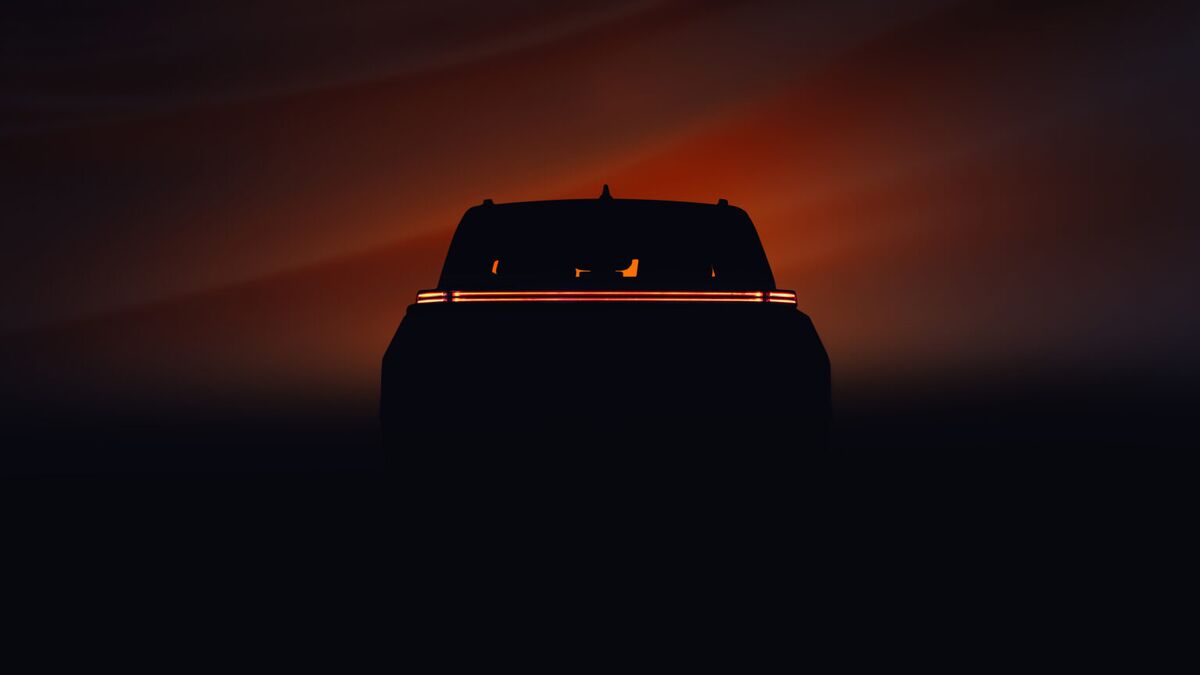The Washington state legislature has passed a bill that would require all model year 2030 or later passenger and light-duty vehicles in the state to be electric. However, the ban has certain conditions that need to happen before it kicks in. Governor Jay Inslee has not said whether he plans to sign the bill.
The Clean Cars 2030 bill, if all the provisions apply, would be the most aggressive law in the country mandating electric cars. It pertains not only to new car sales but to all 2030-and-later model year cars registered in the state. That means Washington residents could not register a gasoline-powered car bought outside state lines.
But the bill has a complicated trigger mechanism. The legislation reads, in part:
“Once a road usage charge, or equivalent fee or tax based on vehicle miles traveled, is in effect in the state of Washington with at least 75 percent of the registered passenger and light-duty vehicles in the state participating, then a goal is established for the state that all publicly owned and privately owned passenger and light-duty vehicles of model year 2030 or later that are sold, purchased, or registered in Washington state be electric vehicles.”
The Catch in the Law
The bill itself does not contain provisions for a road usage charge. So it would become law only if the legislature passes a separate bill that affects at least 75 percent of registered vehicles.
Road usage fees are one approach to a unique problem of moving toward electrification. Much of America’s road construction and maintenance get their funding from gasoline taxes. As fewer drivers use gasoline, funds for roads could dry up. One possible solution is replacing or supplementing gas taxes with a tax on vehicle miles traveled.
California and Massachusetts have each set goals of banning gas-powered cars by 2035. More than 20 other countries have set legislative or regulatory goals with target dates for the phase-out of gasoline-powered cars.
More: Kelley Blue Book’s Best Electric Cars








